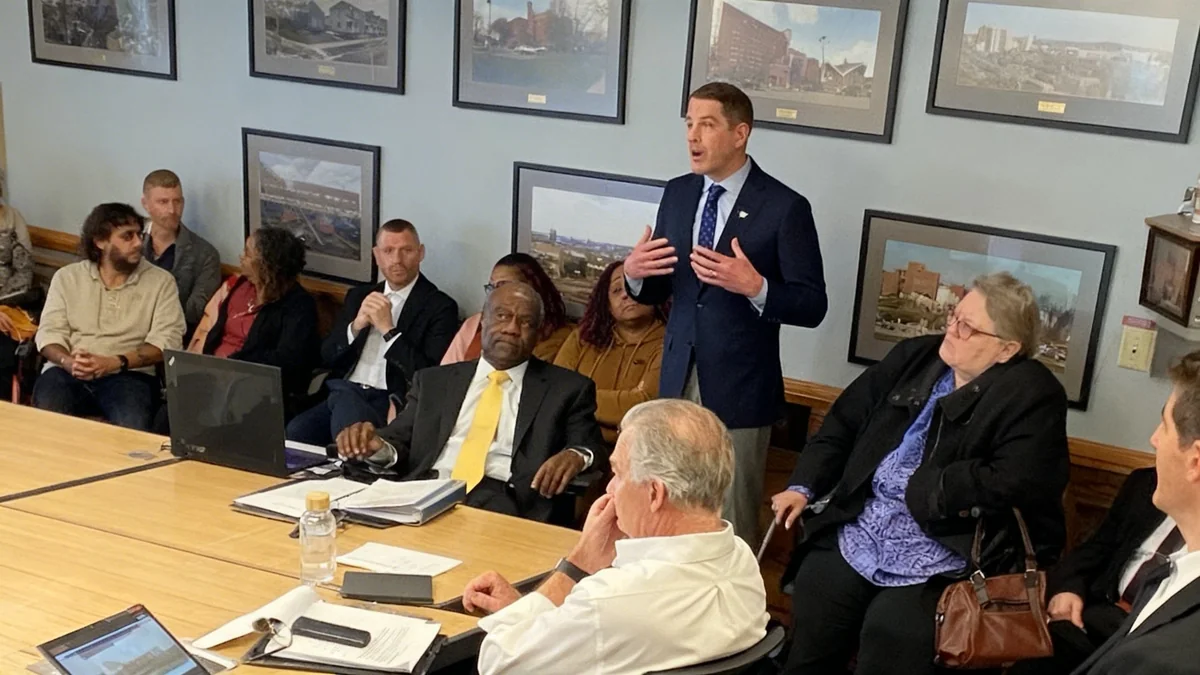A significant portion of Americans are finding it difficult to afford their housing payments, a financial strain that is now forcing many to postpone major life decisions such as getting married, having children, and even adopting pets. A recent survey highlights the widespread impact of rising housing costs on personal milestones across the United States.
According to a survey commissioned by Redfin and conducted by Ipsos, more than 44% of homeowners and renters in the U.S. report struggling to keep up with their monthly mortgage or rent. This economic pressure is reshaping the traditional path to adulthood for millions, particularly younger generations.
Key Takeaways
- Over 44% of American homeowners and renters struggle to afford their housing payments.
- Many are delaying significant life events, including marriage and starting a family, due to high housing costs.
- The number of first-time homebuyers has fallen to a historic low, dropping from 3.2 million in 2004 to 1.14 million in late 2024.
- Home prices have increased by more than 50% since before the pandemic, far outpacing wage growth.
The Widespread Impact of Housing Affordability
The challenge of affording a place to live extends beyond simple budget adjustments. While many households have cut back on discretionary spending like vacations and dining out, the financial burden is now affecting fundamental life choices. The Redfin survey, which polled over 4,000 U.S. residents, reveals a pattern of delayed progress and personal sacrifice directly linked to housing expenses.
This issue is not confined to one demographic but is particularly acute for Gen Z and millennials. These younger generations face a housing market where prices have surged dramatically, while their incomes have not kept pace. This disparity is a primary driver behind the postponement of what many consider key life milestones.
Understanding the Data
The findings are based on a survey conducted in May by the global research firm Ipsos. The poll included a diverse sample of more than 4,000 homeowners and renters across the United States, providing a comprehensive snapshot of the financial pressures facing American households.
A List of Sacrifices for a Roof Overhead
To manage high housing costs, Americans are making a range of significant personal and financial sacrifices. The survey identified several common adjustments people are forced to make to meet their monthly payments.
These choices paint a picture of lives put on hold. Some individuals reported staying in relationships or marriages longer than desired because they could not afford to live alone. Others have delayed or decided against having children altogether, citing the combined expense of housing and child-rearing as prohibitive.
Common sacrifices include:
- Moving back in with parents or other family members.
- Taking on roommates to split costs.
- Postponing marriage or starting a family.
- Delaying or forgoing the adoption of a pet.
- Reducing or eliminating contributions to college savings for children.
- Staying in an unhappy relationship due to financial dependency.
The Shrinking Pool of First-Time Homebuyers
The dream of homeownership is becoming increasingly distant for many, a trend reflected in national data. The number of first-time homebuyers has seen a dramatic decline over the past two decades, reaching what experts describe as a historic low.
A Historic Decline in Homeownership
According to data from the National Association of Realtors (NAR), the number of first-time homebuyers fell from nearly 3.2 million in 2004 to just 1.14 million by late 2024. This represents a decline of over 64% in twenty years, underscoring the severe affordability crisis.
This steep drop highlights a fundamental shift in the market. Alexandra Gupta, a real estate broker with The Corcoran Group, noted the changing landscape for new buyers.
"We’re seeing a reshaping of the housing ladder. Some first-time buyers are turning to long-term renting or even co-living models because the idea of owning a home has become so out of reach."
Gupta also mentioned that an increasing number of young buyers now rely on financial support from their families to enter the market, a solution not available to everyone.
Adapting to a New Economic Reality
In response to these challenges, younger Americans are developing new strategies to achieve stability. With home prices more than 50% higher than pre-pandemic levels, traditional paths to homeownership are often unworkable. As a result, creative and collaborative approaches are gaining popularity.
One such strategy is co-buying, where friends or family members pool their resources to purchase a property together. This approach allows buyers to combine their incomes and savings to qualify for a mortgage that would be unattainable individually.
Niles Lichtenstein, CEO of real-estate platform Nestment, commented on the resilience and ingenuity of this generation.
"Young buyers are adapting out of necessity and out of determination. They’re willing to do whatever it takes to build equity and stability, even if that means approaching ownership in ways their parents never considered."
Lichtenstein sees co-buying as a direct response to market constraints. It reflects a pragmatic approach to building wealth and securing housing in an environment where individual purchasing power has been significantly eroded. This trend signifies a major shift in how homeownership is perceived and achieved in the modern economy.





